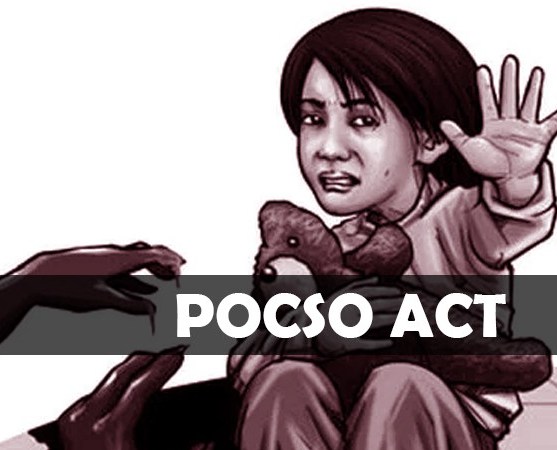New Delhi: The Biju Janata Dal (BJD) Monday gave conditional support to the Criminal Law (Amendment) Bill, 2018 and asked the Union government to re-consider some of the provisions in the legislation.
Speaking on behalf of the party in the Lok Sabha, Puri MP Pinaki Mishra raised concern over the Centre’s move to bring the legislation without sending it to the Standing Committee.
“Our party continues to support the government in its efforts to enhance the stringent provisions with regard to punishment for rape. However, the party has serious concern over the way the government chooses to bring in this kind of legislation to the House without going through the Standing Committee or a Select Committee,” Pinaki Mishra said. He added the manner of implementation of the law is a fundamental problem in the country.
“You need more special courts, you need more public prosecutors and huge infrastructure in order to implement the entire procedure of trial and conviction more effectively,” Mishra said. He also raised concern over the issue of gender neutrality in the law.
“Very importantly, the definition of rape continues to be not gender neutral under this. Why are boys being kept out of loop of this kind of child abuse? Boys are equally abused and therefore, this House advisably brought in boys as well within the ambit of Protection of Children from Sexual Offences (POCSO) Act while the general IPC law continues to exclude boys which is most unfair,” he added.
Mishra also said that the presence of death sentence in the statute book is necessary in our country.
“The implementation of this law must be designed. I completely support the government when it enhances the sentence to 20 years but if you bring in death sentence, the difficulty here will be to implement it and more importantly, statistics in our country shows that 85 per cent of death sentence cases are those involving the poorest of the poor people because they have no access to good legal services,” he said.
He further said that by bringing death penalty provision protection of children will be diluted.
“The POCSO actually gave a very significant protection to the children; they cannot be cross-examined in the court. But if you have the death sentence in the statute, it will be impossible under the IPC to not cross-examine children. So, therefore, you will bring in a whole new area of law where children would be open to cross-examination in the court of law that completely dilutes the protection we gave to the children under POCSO,” he added.
Criminal Law (Amendment) Bill gets conditional support

Representational Image